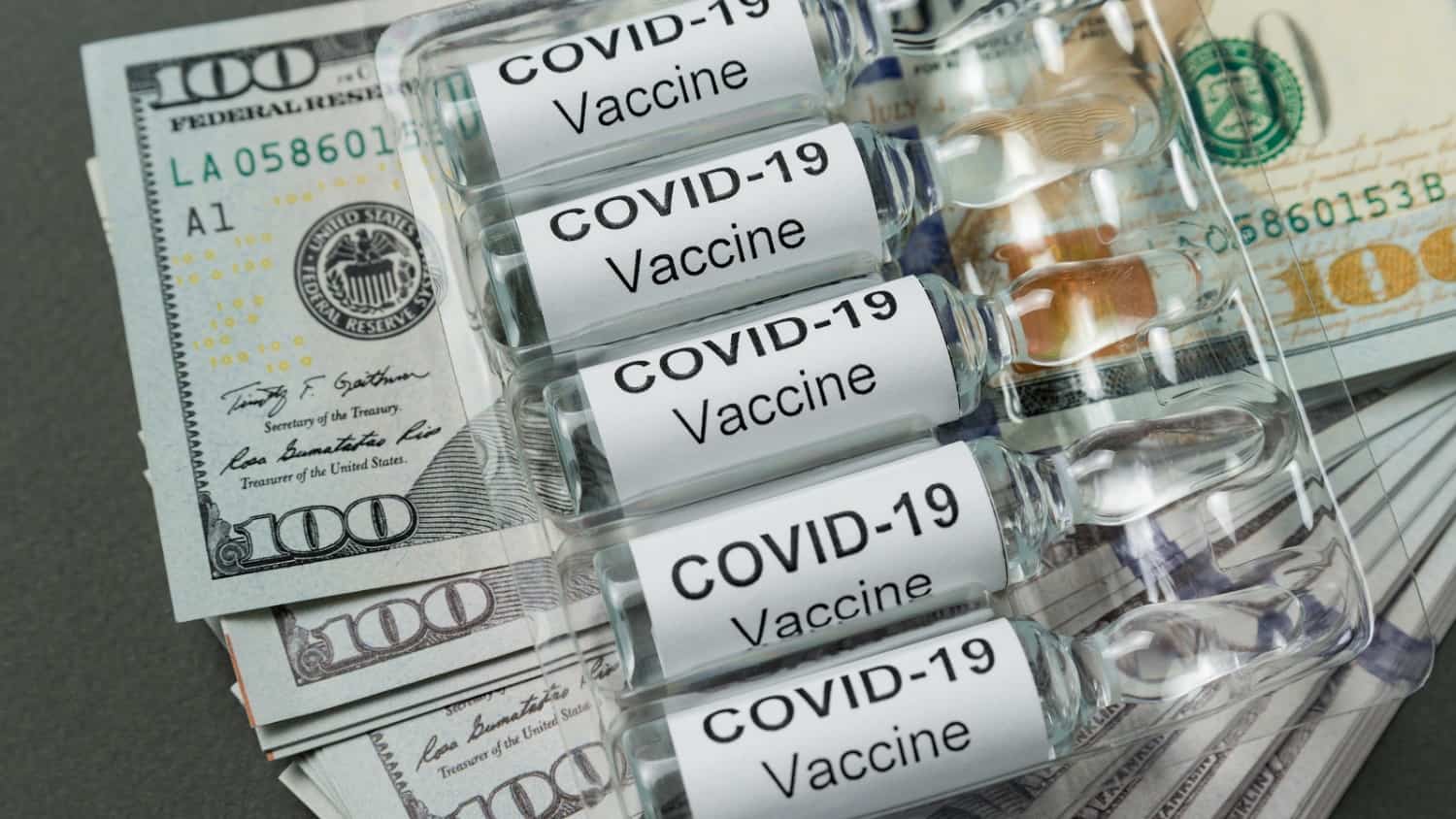
Have You Heard of the Coronavirus Vaccine Scams? Yes, They Are Real!
The coronavirus has infected more than 22 million people in the United States, as of Jan. 10, 2021, according to a New York Times database. More than 373,000 people in the United States have died from this highly viral disease, causing many people to search for a vaccine desperately.
Vaccine manufacturers Pfizer and Moderna have released their vaccines onto the market, and Phase I vaccination is underway.
While the vaccine offers hope to many people, it opens the door for fraudsters hoping to take advantage of vulnerable people. Here is what you need to know about current vaccine scams and how you can protect yourself.
What Is the Coronavirus Vaccine Scam and How Does It Work?
According to the Centers for Disease Control (CDC), the coronavirus vaccine teaches the immune system how to recognize and fight the virus that causes Covid-19. Due to the limited supply of the vaccine and the high demand for it, the CDC has recommended rolling out the vaccine in phases.
This, however, has given fraudsters the ability to take advantage of people’s anxiety about the virus and the vaccine’s limited availability. Thus, we are seeing a rise in scams such as:
- Selling purported “vaccines” online that are not really vaccines.
- Promising that people can “jump the line” if they pay extra for it.
- Using phishing scams where they pose as reputable healthcare providers or pharmacies to collect personal data.
- Infecting people’s computers with malware upon downloading a “vaccine schedule.”
- Committing ransomware attacks in which access to your computer files is withheld until you pay a large ransom.
If you fall for these scams, these are some consequences that you might face:
- Experiencing adverse health effects brought on by taking some unknown substance.
- Putting yourself in greater danger if you believe you have been vaccinated but actually have not.
- Losing personal data.
- Losing access to your devices.
- Experiencing identity theft.
- Losing funds when you are already in financial distress.
Who Are Vaccine Scammers Targeting?
Vaccine scammers are targeting anyone with anxiety about the vaccine. Mostly, these are vulnerable populations and people who are in greater need of the vaccine, such as seniors, healthcare workers, and people with existing medical issues that make them more susceptible to severe consequences if they contract Covid-19.
These people are more likely to be desperate for the vaccine and less likely to investigate fake offers.
What Is Online Identity Theft and What Are Its Consequences?
Online identity theft is a cybercrime usually aimed at stealing your personal or financial information. This information is often used for the thief’s own financial gain, such as making purchases or cash advances.
In the worst situations, a thief sells your personal data, hacks into your accounts, takes them over, and even sells your information online to the highest bidder. Online identity theft can result in a loss of funds, damaged credit, lawsuits, and years of problems.
What Other Covid-19 Scams Exist?
Since the beginning of the pandemic, scammers have taken advantage of the chaos and tried to benefit from it personally. They have perpetuated a number of scams on consumers, beginning with offering fake cures, fake clinical trials, unapproved at-home testing kits, and of course, fake vaccines.
Like hand sanitizer or toilet paper, items that were in short supply were often sold at inflated prices. In other situations, they were sold but never delivered.
Because there is too much-falsified information out there on the internet, it is hard to keep track of which information is accurate or not. Reliable information about the Covid-19 illness and vaccine has been hard to come by. It is crucial for you to only listen to what experts have to say and not trust anyone else.
How Can You Protect Yourself from Coronavirus Online Scams?
Here are some steps to protect yourself from coronavirus online scams:
Recognize the Warning Signs
A number of federal agencies, including the Federal Trade Commission, the Food and Drug Administration, and the U.S. Department of Health and Human Services have posted warning signs of vaccine scams to consumers to watch out for. These include:
- Unsolicited phone calls or emails regarding a vaccine.
- Promises that you can jump the line if you pay a premium.
- Messages asking for your personal information, Medicare information, or financial information.
- Messages that have a sense of urgency or state an extreme negative consequence if you do not act immediately.
Watch Out for Unsolicited Messages
One of the most common forms of vaccine scams involves scammers using emails, text messages, phone calls, and other communication methods to try to get people to give out their private information in exchange for the vaccine.
These phishing scams sometimes purport to come from a healthcare provider. In other cases, they may pretend to be from a federal agency, such as the Centers for Disease Control.
Understand the Vaccination Process
Information is power, so make it a point to understand how the vaccination process can help you avoid becoming the latest victim of a vaccine scam.
The vaccine will start by only being available in limited quantities, giving priority to particular groups, such as frontline workers and nursing home residents. Consult a trusted resource for information on when the vaccine will be available to you, such as:
- Your primary healthcare provider
- Your pharmacy
- Centers for Disease Control
- Food and Drug Administration
- Local health departments
Avoid purchasing any supposed vaccine online and only accept a vaccine through a reputable medical provider.
Increase Your Cybersecurity
Make sure your mobile devices are up to date. Install the latest antivirus software updates. Lock your device when not in use. Avoid clicking on anything that might be from an unknown sender.
While the vaccine is on the horizon for many people, you must still be vigilant about protecting your health and identity. Follow the tips above to do both.
Have you heard about the coronavirus vaccine scams? What do you know about them? Where do you look for information concerning Covid-19? Which sources of information do you trust? Please share with our community.
Tags Coronavirus Technology






